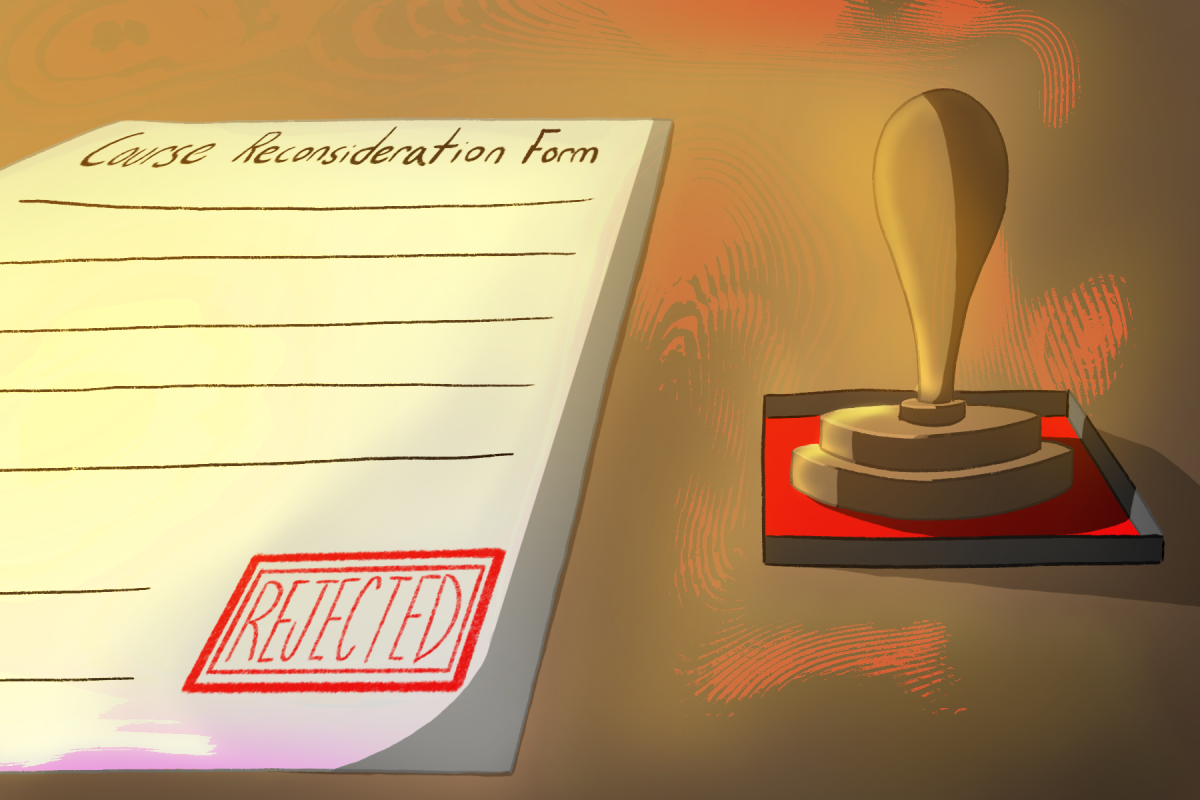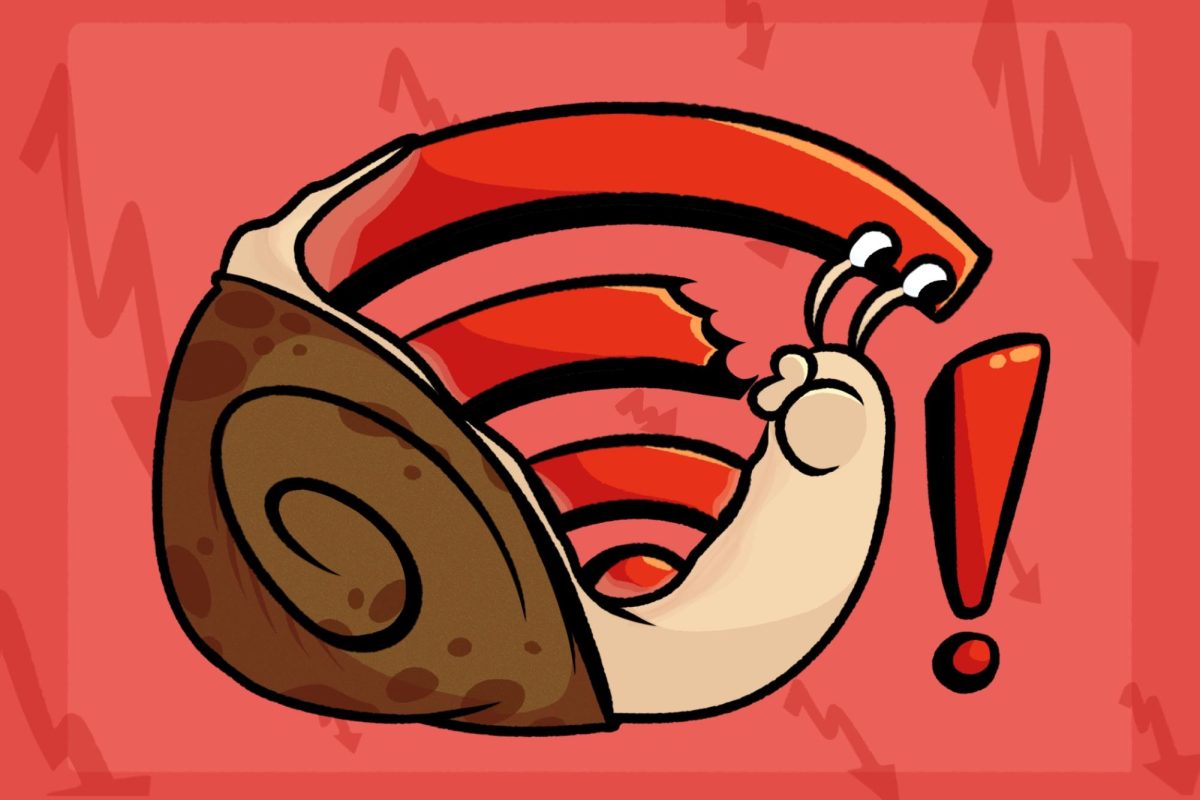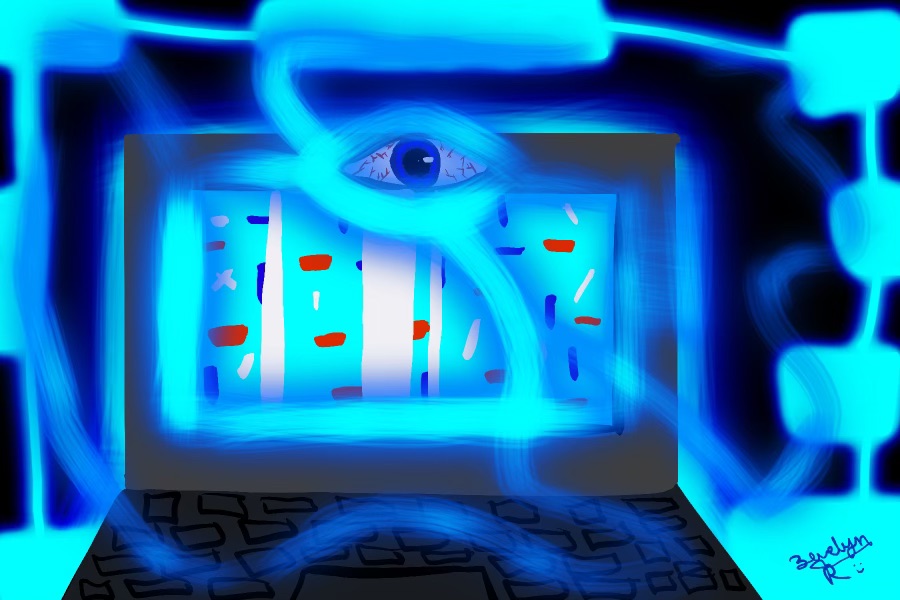In 2024, the SAT, a ‘make it or break it’ test in the future of students, undergoes a change that impacts the way students will approach this test. With technology, the SAT and PSAT will be electronic through the Bluebook app.
With the switch to Bluebook, College Board introduces a new format. Both sections of math allow students to use a powerful, online calculator tool, Desmos. However, the biggest change is that the SAT is an adaptive test.
“If a student does well on the first module, the second module will be more challenging. If they do not do as well on the first module, the second module will offer lower difficulty questions,” said Math teacher Melissa Bailey.
Senior Aiden LiVigni said he does not agree with this part of the new format.
“I see one large flaw with a scaled second section. How will the sections be graded? If one side is scaled to be harder, will it be worth more points? Will the one scaled to be easier be worth less since it’s made to get a lot of questions right? It takes away from that even field of having the same test throughout,” said LiVigni.
With the introduction of an electronic test, no paper test to markup and annotate will be available.
“Going from paper to digital could be challenging for some students for the math portion,” said Bailey.
Students also agreed that they appreciate having paper based tests.
“I love that it’s on the computer now. With the exam being electronic, the stress of constantly flipping through pages back and forth fades away,” said senior Tommy Brochu.
Counseling office secretary Julie Scott praised the online version.
“CollegeBoard has streamlined the PSAT exam. The online version of the test is shorter in time duration than the former paper version. It is also less burdensome as students no longer need to “bubble” their answers onto a paper answer sheet. CollegeBoard also built an online calculator into the Bluebook App so that students no longer need to bring their own to use,” said Scott.
The Bluebook app allows students to use various online tools like hiding the timer, annotating or highlighting the text, and bookmarking questions to return back to.
But senior Jason Manxhari disagreed.
“I just don’t like the idea of not being able to write on my exam. That’s what made the test easier when I was able to mark it up.” said Manxhari. “Even if it’s like the MCAS notepad, what will that do? I think the English sections will be significantly harder this way,”
LiVigni agreed.
“Taking away the ability to annotate is like having one of your five senses stripped from you. Being able to write on the physical test helps me navigate the text,” said LiVigni.
A reported issue with the first, international round of digital SATs was the technology and firewalls that prohibited some computers from accessing the app.
At Wachusett, the PSATs on October 14th were taken electronically by 417 students in preparation for the SAT in the spring. This provided a real test for the electronic capabilities and issues that may come up with the first digital SAT.
“As part of the administration team for the PSAT exam, a Technology Coordinator was on hand to help resolve any issues that arose. As WRHS chose to administer the exam on a Saturday, there were very few Wi-Fi / technology issues during the exam. Those that were encountered were quickly resolved. As CollegeBoard is moving to an on-line basis for all of its exams (PSAT and SATs), a Technology Coordinator will now be part of each exam’s administration team,” said Scott.
Principal Micheal Pratt said that he likes the idea of the Bluebook digital exam.
“This version benefits all parties. For the proctor and student, the twenty to thirty minutes to register is gone. All you need is the access code, and you’re good to go,” said Pratt. “Before you start, the Bluebook also gives a tutorial on how to find your tools and what the test will look like and then puts your screen in lock mode. This way students won’t be tempted to access outside sources without closing the exam.”
As the first electronic SAT testing date approaches, the school continues to prepare itself and students for the big day in March.
“The PSAT we administered in October went very well,” said Pratt. “The biggest issue was that a student’s chromebook died, but we got him back in. We are well prepared and hope to see the same results in March.”
Categories:
Standardized college testing goes electronic
Deni Jordhani, Staff Reporter
January 4, 2024
4
More to Discover
About the Contributors

Deni Jordhani, Staff Reporter
Deni is a senior working with the Echo for the first time and enjoys playing video games and watching and playing soccer (Favorite teams: Real Madrid & Chelsea).

Dahlia Angelica Vargas, Illustrator
Dahlia is a freshman who is working with the Echo for the first time and likes drawing, animating, Frisbee, volleyball, and sharks.









